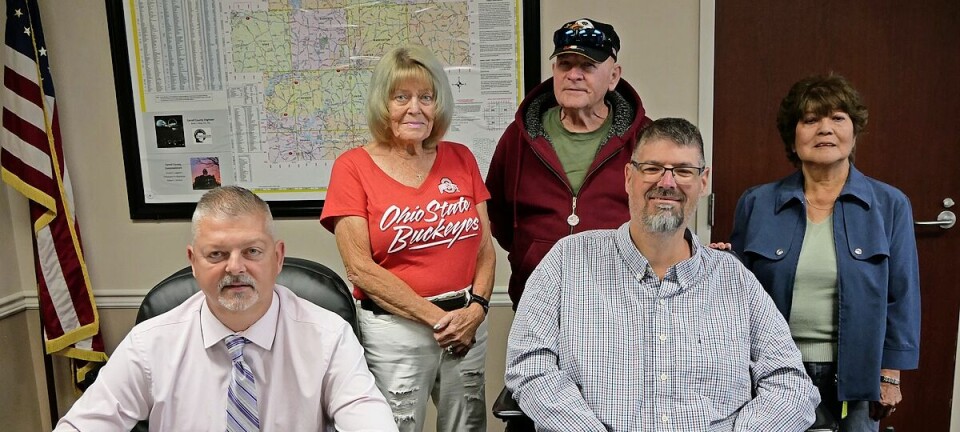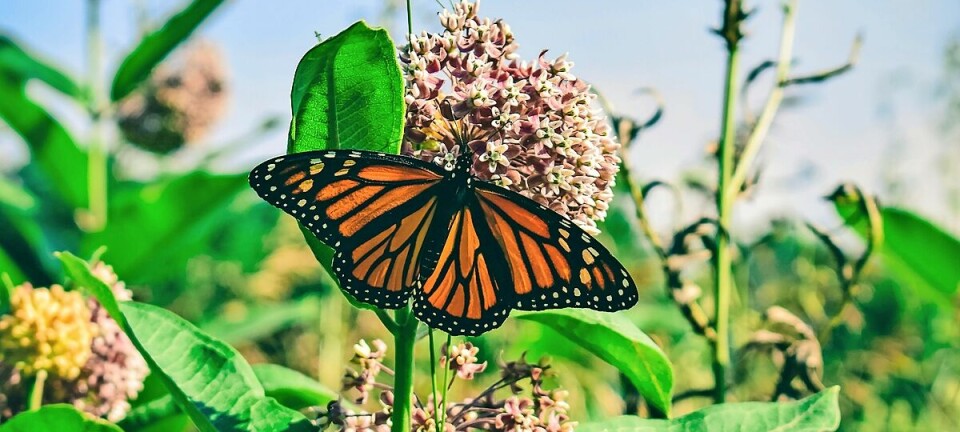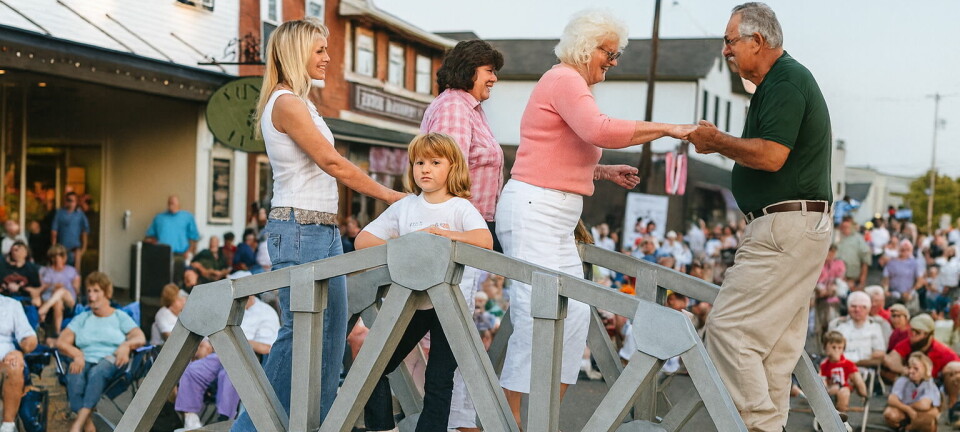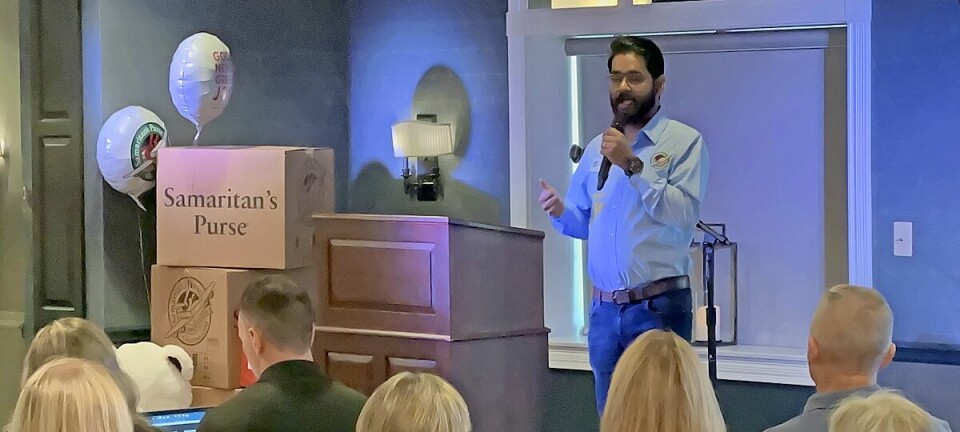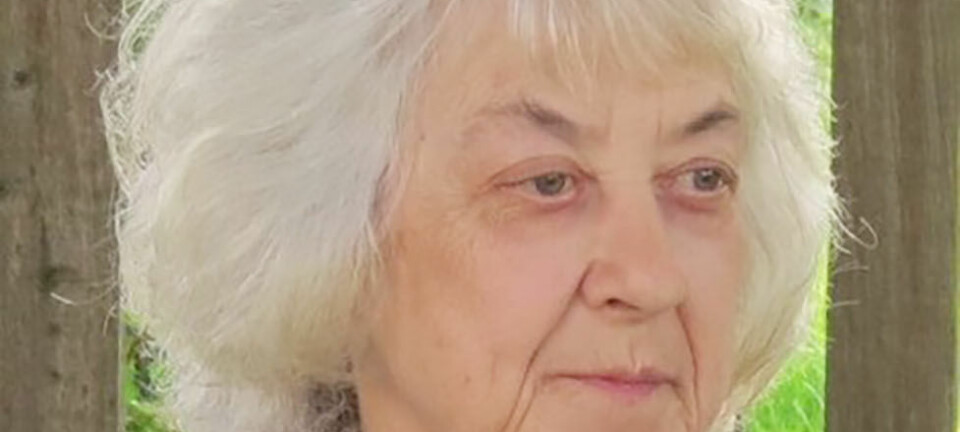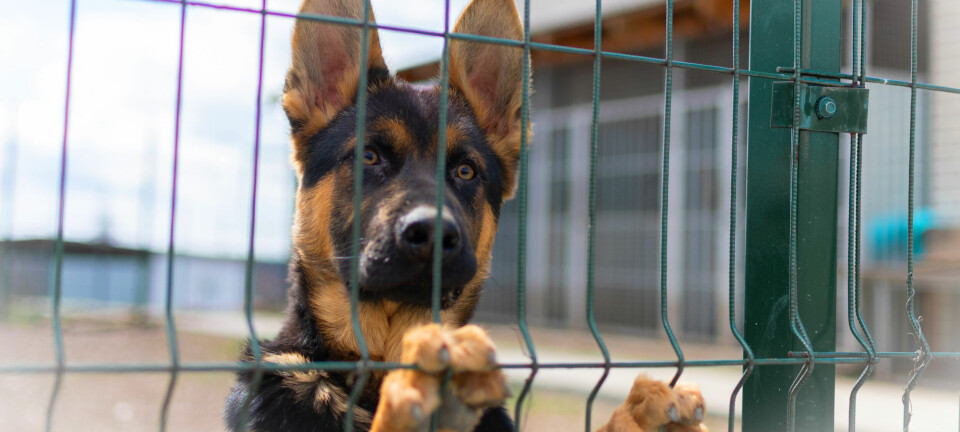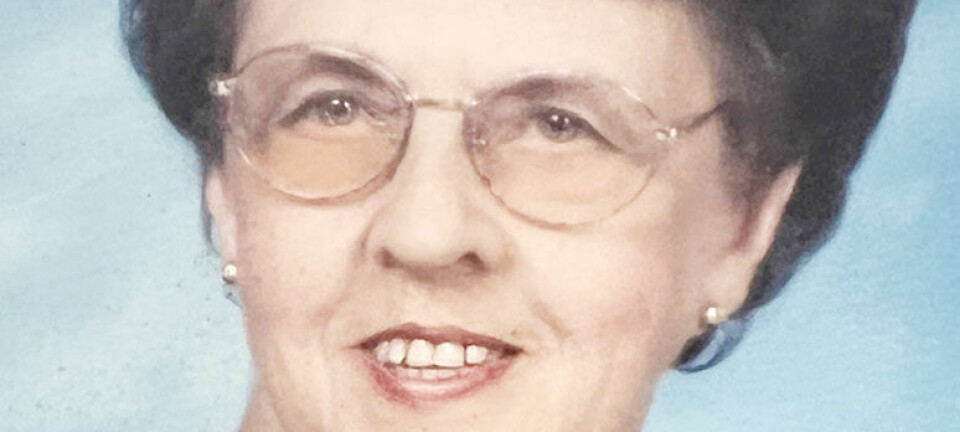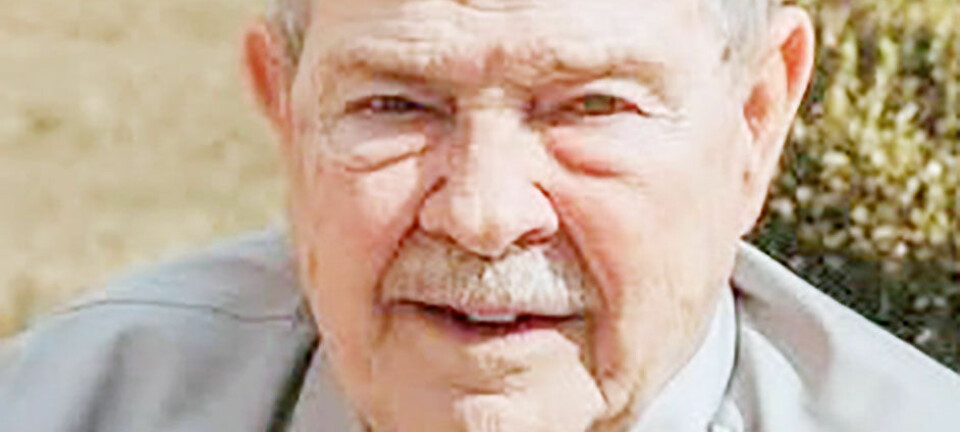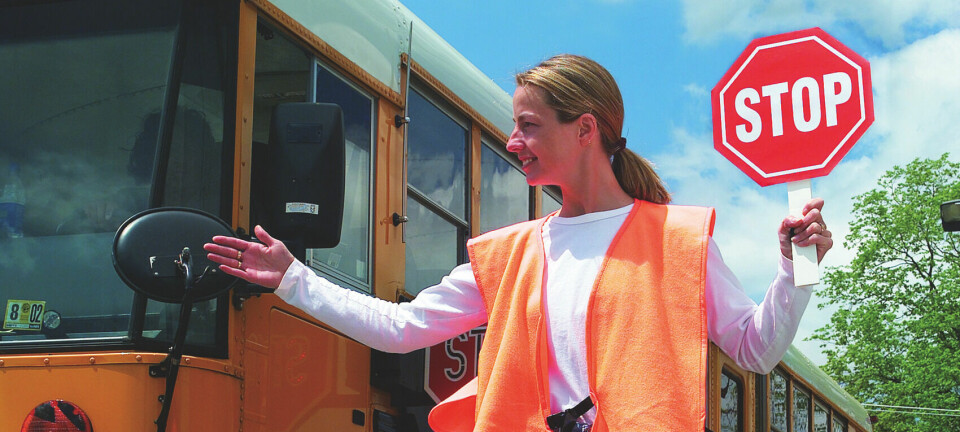Butterflies assisted by milkweed seed pod collection

In cooperation with the Ohio Pollinator Habitat Initiative, the Water and Soil Conservation Districts in Stark, Tuscarawas and Wayne counties are collecting milkweed seed pods to help increase the population of monarch butterflies. These black and gold beauties used to dot the landscape, but their numbers have been on the wane since the mid-1980s.
The decline has been largely attributed to the use of herbicides, pesticides and land development, but monarchs also are affected by climate change, air and water pollution, and the presence of other toxins.
Even inclement weather in the oyamel fir forests of Mexico can affect monarchs adversely. In winter 2015-16 severe storms destroyed many of the trees where monarchs hibernate, awaking in the spring to mate and creating the next generation of butterflies.
“Had it not been for the efforts of the upper 48 states, we would have almost totally lost the monarch,” said Marci Lininger, one of the founders of OPHI.
Collecting milkweed seed pods for replanting milkweed is an important step in bringing the monarchs back. Milkweed is the sole host plant for monarchs, who lay their eggs on the plant. Milkweed also provides the only nourishment for monarchs during the caterpillar stage.
“In Ohio we started to see a 50% decline in adult monarch butterflies around 2012,” Lininger said. “That’s a big deal because having only half the usual monarch population laying eggs translates to about an 80% decline in the overall population.”
ODOT is a key partner in the effort to restore the milkweed habitat so vital for many other pollinators beside just the monarch.
“We work together on the roadside beautification and pollinator restoration/naturalization programs,” Lininger said. “Thanks to ODOT changing some of their processes, milkweed habitats along Ohio’s highways are being preserved. They’ve decreased the amount of mowing they do, made the mowing height higher and decreased the use of herbicides.”
How to help
To participate in the program, collect milkweed seed pods only when they are dried, turning brown and starting to crack open. This typically happens starting in October.
“People get excited about bringing in the pods, but a lot of the time they are still green,” said Jay Jordan, a natural resources technician for the Stark County Soil and Water District. “When the pod is starting to crack just a little bit, it’s ready.”
Kelly Riley, education specialist for the Wayne County Soil and Water District, said to be sure the seed pods are not open too far. “Place a rubber band around any pods that have burst open or if you see the fluff, technically termed the coma, coming out,” she said.
Riley also asked donors to leave the pods intact. “Sometimes people bring in the fluff with the seeds attached, but we need the entire pod,” she said.
“It’s a great way for the community to get involved and actually make a difference in the pollinator population,” Jordan said. “We appreciate everyone who submits the pods. We truly couldn’t do it without their help.”
Riley said the program is working. “I definitely can tell it has worked,” she said. “In the past five years I’ve noticed a lot more monarchs and lot more milkweed plants. It’s really exciting to see them coming back.”
To donate milkweed seed pods, place them in a paper bag, not plastic, to keep moisture from collecting on the pods, then take them to your nearest soil and water district office.
In Tuscarawas County the office is at 85 E. Iron Ave. in Dover. Go from 9 a.m. to noon Monday through Friday. One also can take them to the Norma Johnson Center, 3976 state Route 39, Dover. If no one is available at the center to take the donation, leave them in front of the garage door at the yellow pole barn.
In Stark County the office is at 2650 Richville Road, Suite 100, Massillon. Use the drop-off container outside or take them into the office.
In Wayne County the office is located with other county offices in the Wayne County Administration Building, 428 W. Liberty St., Wooster. Pods may be dropped off Monday through Friday from 8 a.m. to 4:30 p.m.
How OPHI operates
According to Lininger, OPHI is a grassroots organization of like-minded individuals and groups across the state who want to help increase the monarch population. OPHI doesn’t have a budget. Instead, it receives money through donations from individuals and organizations wanting to help.
“Milkweed seed can be purchased, but as people became more interested in planting milkweed to help save the monarch, the price of milkweed seed went up,” Lininger said.
It didn’t take long for OPHI to determine they couldn’t afford to purchase enough milkweed seed to do the job. They decided instead to collect it themselves and put it back on the landscape.
OPHI is currently looking for groups to help sort and clean the pods they receive. “This is an ideal activity for scouting groups who need to accumulate conservation service hours,” Lininger said.
Church groups, school groups and other organizations looking to complete community-service hours also can pitch in. Until the coronavirus put a damper on their efforts this year, the Ohio Department of Corrections was taking care of the sorting and cleaning of milkweed seed pods.
To volunteer for sorting and cleaning seed pods, email Lininger at malininger79@gmail.com.






